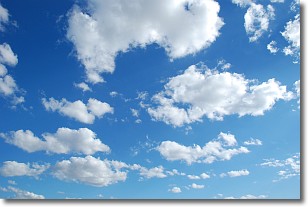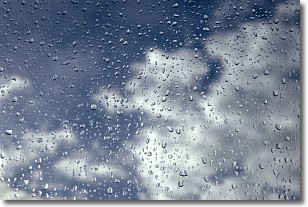Weather Alert in Washington
Fire Weather Watch issued July 28 at 12:33PM PDT until July 30 at 9:00PM PDT by NWS Spokane WA
AREAS AFFECTED: East Washington Central Cascades
DESCRIPTION: ...HOT, DRY, AND UNSTABLE CONDITIONS WITH ISOLATED DRY THUNDERSTORMS WEDNESDAY AFTERNOON AND EVENING... The National Weather Service in Spokane has issued a Fire Weather Watch for hot, dry, and unstable conditions with isolated dry thunderstorms, which is in effect from Wednesday afternoon through Wednesday evening. * Affected Area: East Washington Central Cascades (Zone 696). * Timing: Wednesday afternoon and evening. * Relative Humidities: Min RH 20 to 30 percent. * Temperatures: 80-90 degrees. * Lightning: Isolated dry thunderstorms. * Outflow Winds: Gusty and erratic winds are possible with any thunderstorms that develop. The outflow winds could travel quite a distance from the core of the storm. * Impacts: Hot, dry, and unstable conditions Wednesday afternoon and evening may lead to rapid fire growth on any new or existing fires. Isolated dry thunderstorms will lead to the potential for new fire starts. Gusty winds with thunderstorms may result in rapid fire spread with any new or existing fires.
INSTRUCTION: A Fire Weather Watch means that critical fire weather conditions are forecast to occur. Listen for later forecasts and possible Red Flag Warnings.
Want more detail? Get the Complete 7 Day and Night Detailed Forecast!
Current U.S. National Radar--Current
The Current National Weather Radar is shown below with a UTC Time (subtract 5 hours from UTC to get Eastern Time).

National Weather Forecast--Current
The Current National Weather Forecast and National Weather Map are shown below.

National Weather Forecast for Tomorrow
Tomorrow National Weather Forecast and Tomorrow National Weather Map are show below.

North America Water Vapor (Moisture)
This map shows recent moisture content over North America. Bright and colored areas show high moisture (ie, clouds); brown indicates very little moisture present; black indicates no moisture.

Weather Topic: What are Cumulonimbus Clouds?
Home - Education - Cloud Types - Cumulonimbus Clouds
 Next Topic: Cumulus Clouds
Next Topic: Cumulus Clouds
The final form taken by a growing cumulus cloud is the
cumulonimbus cloud, which is very tall and dense.
The tower of a cumulonimbus cloud can soar 23 km into the atmosphere, although
most commonly they stop growing at an altitude of 6 km.
Even small cumulonimbus clouds appear very large in comparison to other cloud types.
They can signal the approach of stormy weather, such as thunderstorms or blizzards.
Next Topic: Cumulus Clouds
Weather Topic: What is Drizzle?
Home - Education - Precipitation - Drizzle
 Next Topic: Evaporation
Next Topic: Evaporation
Drizzle is precipitation in the form of water droplets which are
smaller than raindrops.
Drizzle is characterized by fine, gently falling droplets and typically does not
impact human habitation in a negative way. The exception to this is freezing drizzle,
a condition where drizzle freezes immediately upon reaching earth's surface.
Freezing drizzle is still less dangerous than freezing rain, but can
potentially result in hazardous road conditions.
Next Topic: Evaporation
Current conditions powered by WeatherAPI.com




